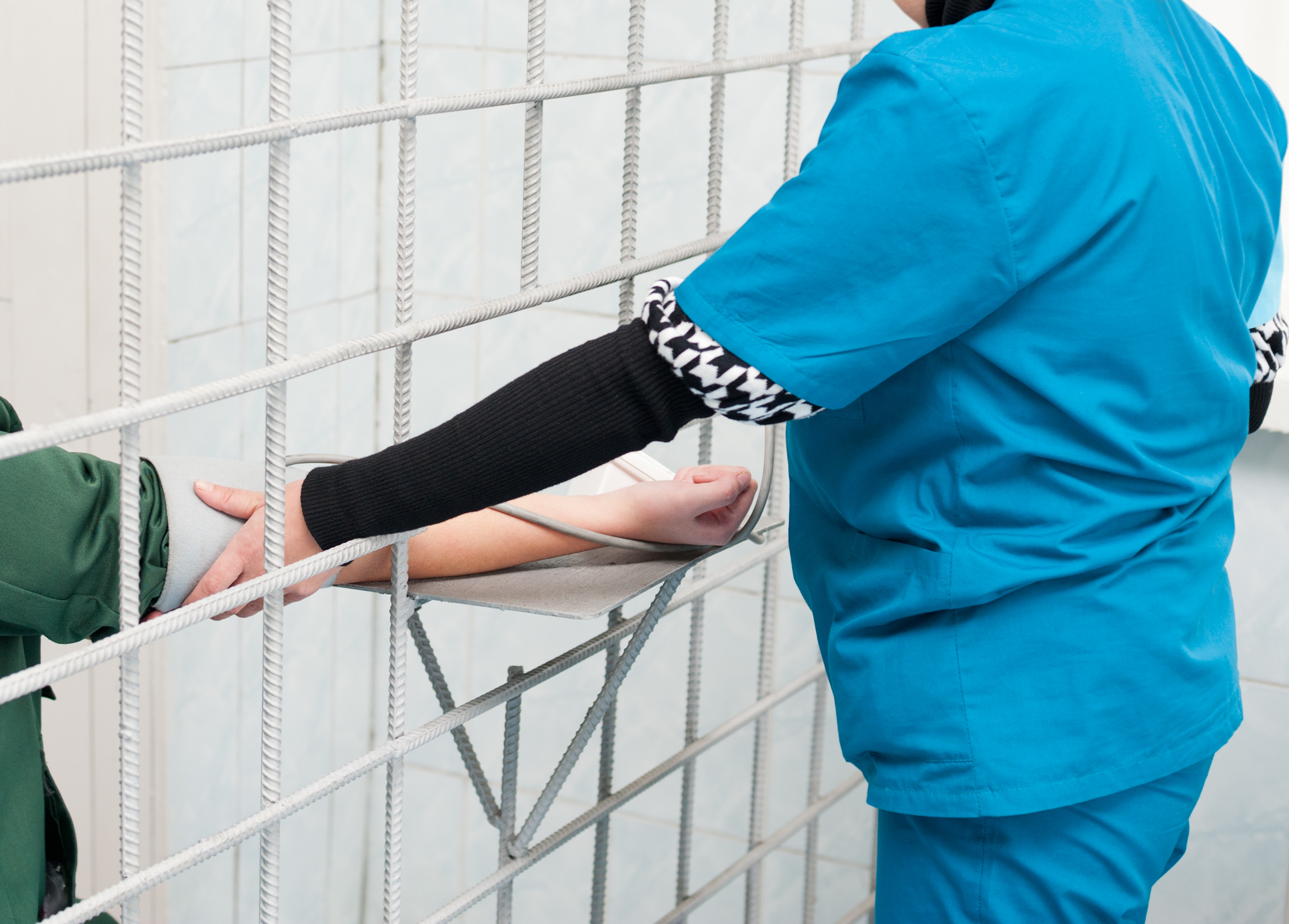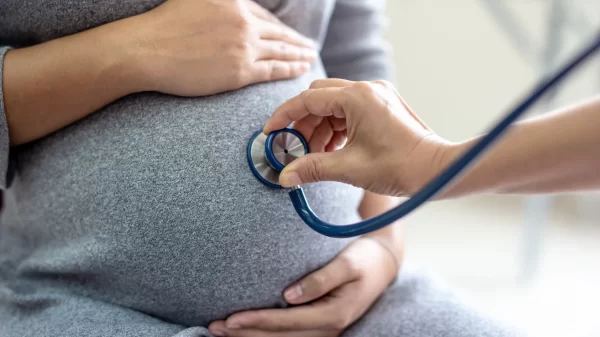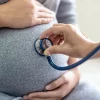Two more prison workers have tested positive for coronavirus, bringing the total of confirmed cases among staff to 36 across 16 state facilities, the Alabama Department of Corrections announced Wednesday.
A worker at the Camden Community Based Facility and Community Work Center in Camden and an employee at the Birmingham Community Based Facility and Community Work Center have self-reported positive test results, the Alabama Department of Corrections (ADOC) said in a press release Wednesday.
Four employees self-reported positive tests Tuesday.
ADOC is investigating whether other workers or inmates were exposed to the two employees, according to the release. Of the 36 infected workers, seven have been cleared by doctors to return to work.
{{CODE1}}
There have been no new COVID-19 cases among inmates since May 9, when ADOC announced the ninth confirmed case among inmates. As of Monday, the latest day ADOC has updated testing numbers to the department’s website, just 135 of the state’s approximately 22,000 inmates had been tested for the virus.
One woman serving at the Birmingham Community Based Facility and Community Work Center died after other women serving at the center told APR she had complained to staff of breathing problems, which is a symptom of COVID-19.
Colony Wilson, 41, was declared dead on the morning of May 11 at St. Vincent’s Hospital. Inmates told APR through letters and family members that she had complained the night before she died of having trouble breathing, but that staff failed to intervene before she collapsed in a stairwell, and didn’t provide timely aid to her after the collapse.
An ADOC spokeswoman told APR last week said Wilson wasn’t tested for the virus before she died, and it’s unclear if she was tested after death. ADOC said the death is under investigation and declined further comment.
Last week, ADOC began installing infrared cameras in all of the state’s facilities that can detect if a person entering or exiting has a temperature over 100 degrees, according to the press release. The technology will add a layer of screening and reduce contact between people caused by staff having to take temperature readings one-on-one, according to ADOC.




















































